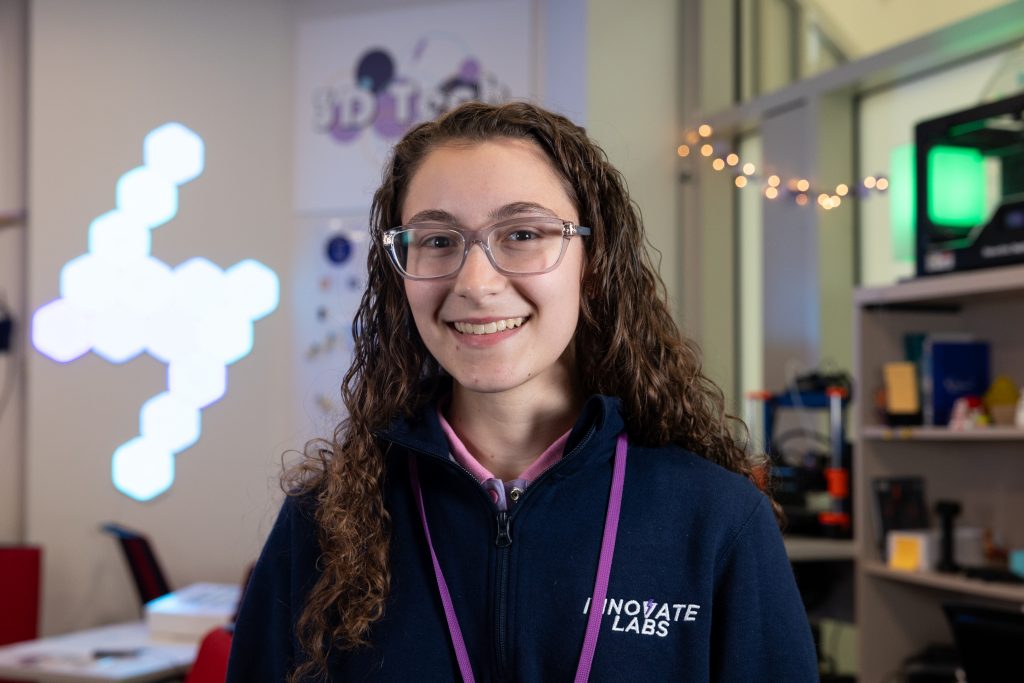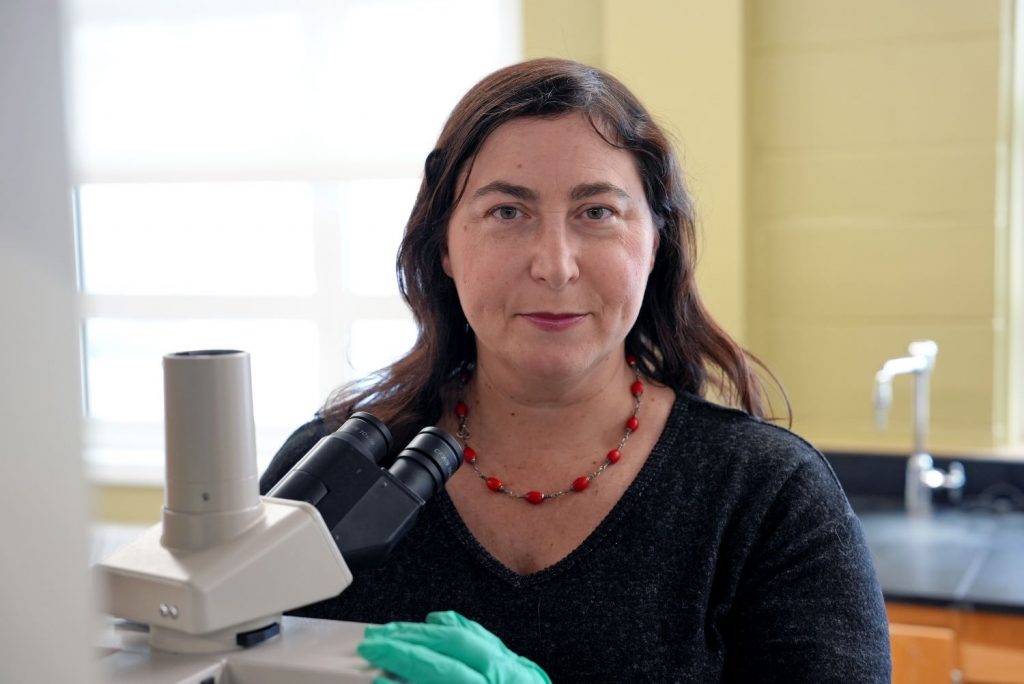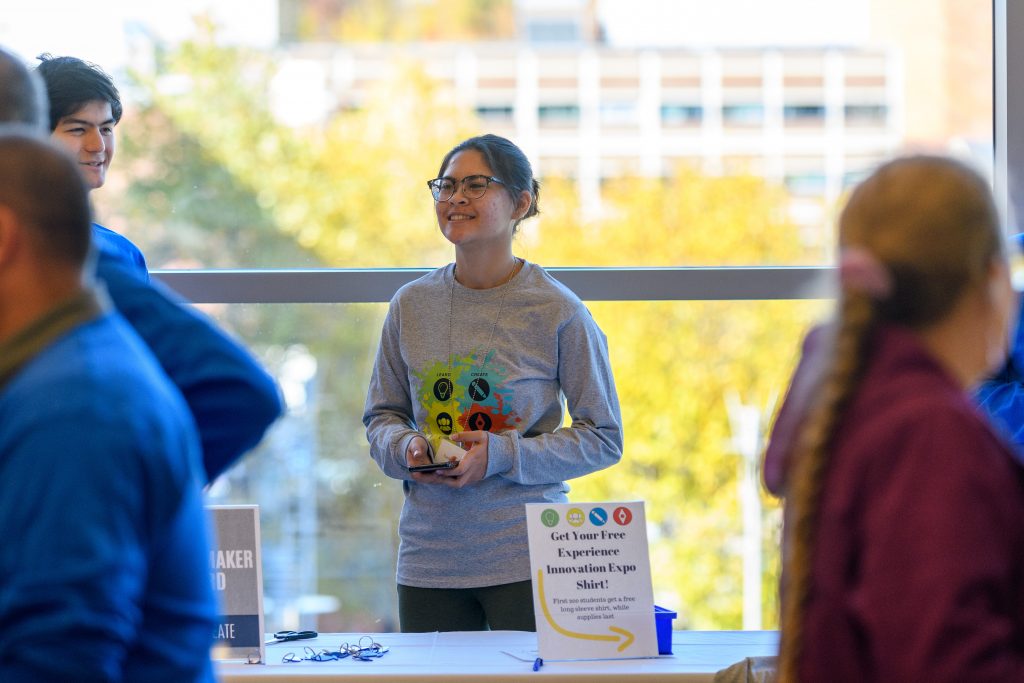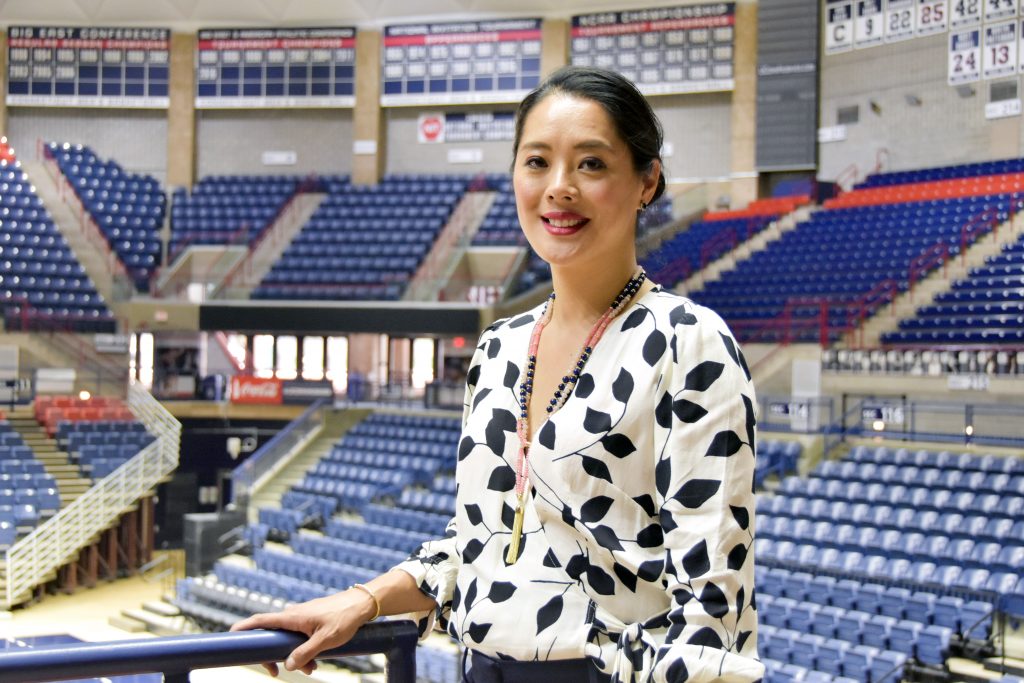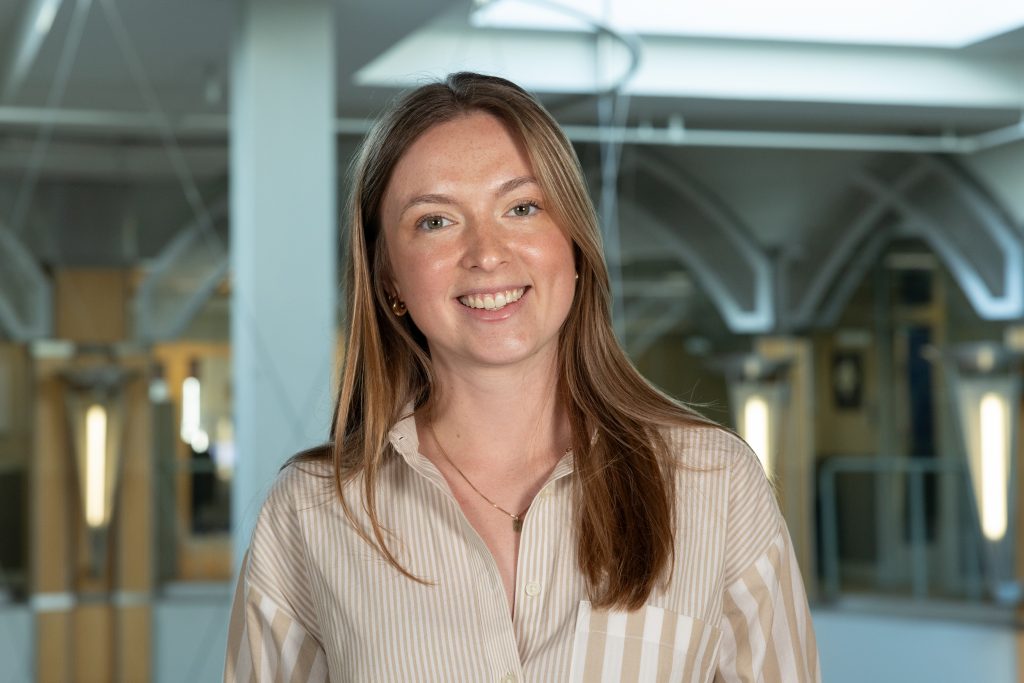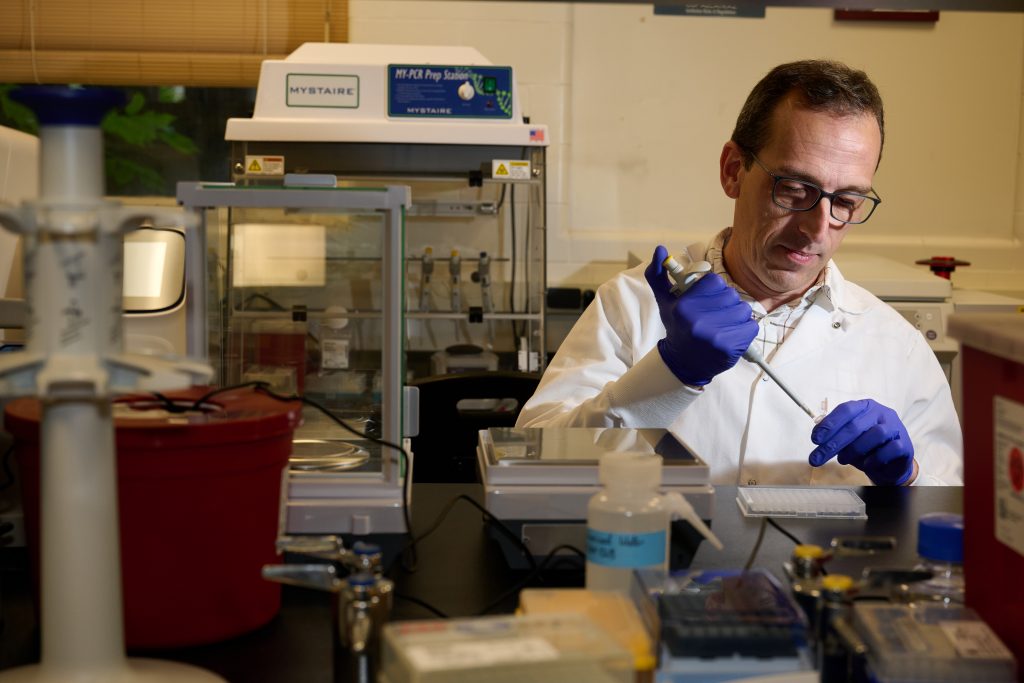Research & Discovery
Month of Discovery: Sophia Hatzis ’27, a Researcher and Mentor
Hatzis, a second-year student researcher, has become integral to Innovate Labs, teaching classmates about AI
October 8, 2024 | Loretta Waldman, for the OVPR
Anagnostou Sets Lofty Goals for IPB
Following his appointment, executive director seeks to spread UConn innovation and industry partnerships across the state.
October 7, 2024 | Matt Engelhardt
Celebrating the Fungus Among Us: How Fungi Support, Restore Ecosystems
UConn researcher Mia Maltz the unsung benefits of fungus for our ecosystems - from erosion control to carbon sequestration
October 3, 2024 | Anna Zarra Aldrich, College of Agriculture, Health and Natural Resources
Research of Postdoctoral Fellows Celebrated at UConn Health
8th Annual Postdoc Research Day (PDRD)
October 2, 2024 | Jane Tran Sills
Students Invited to Go for Gold at the 2024 Experience Innovation Expo
'Everyone can be an innovator. The only prerequisite is having an alternative, creative view or idea'
October 2, 2024 | Jaclyn Severance
$17.7 Million Contract Funds Development of Non-Invasive Biomarker Detection Technology
The contract from the Defense Advanced Research Projects Agency (DARPA) will develop a sensor to detect heat acclimation for warfighters
October 2, 2024 | Anna Zarra Aldrich '20 (CLAS), Office of the Vice President for Research
Meet the Undergraduate Leader: Katherine Bates ‘25 (CLAS)
Panhellenic Council president Bates also organizes HackUConn, a yearly collaborative problem-solving competition open to all majors
October 1, 2024 | Mac Murray
CAHNR Researcher Wins $3.8 Million NIH Grant to Develop Leptospirosis Vaccine
With no vaccine and no cure, leptospirosis kills an estimated 60,000 people every year. Elsio Wunder is working to change this
September 30, 2024 | Mac Murray
UConn Health’s Human Subjects Protection Program Earns AAHRPP Reaccreditation
The Association of Human Research Protection Programs ensures research involving human subjects adheres to the highest ethical standards
September 26, 2024 | Loretta Waldman for the OVPR
